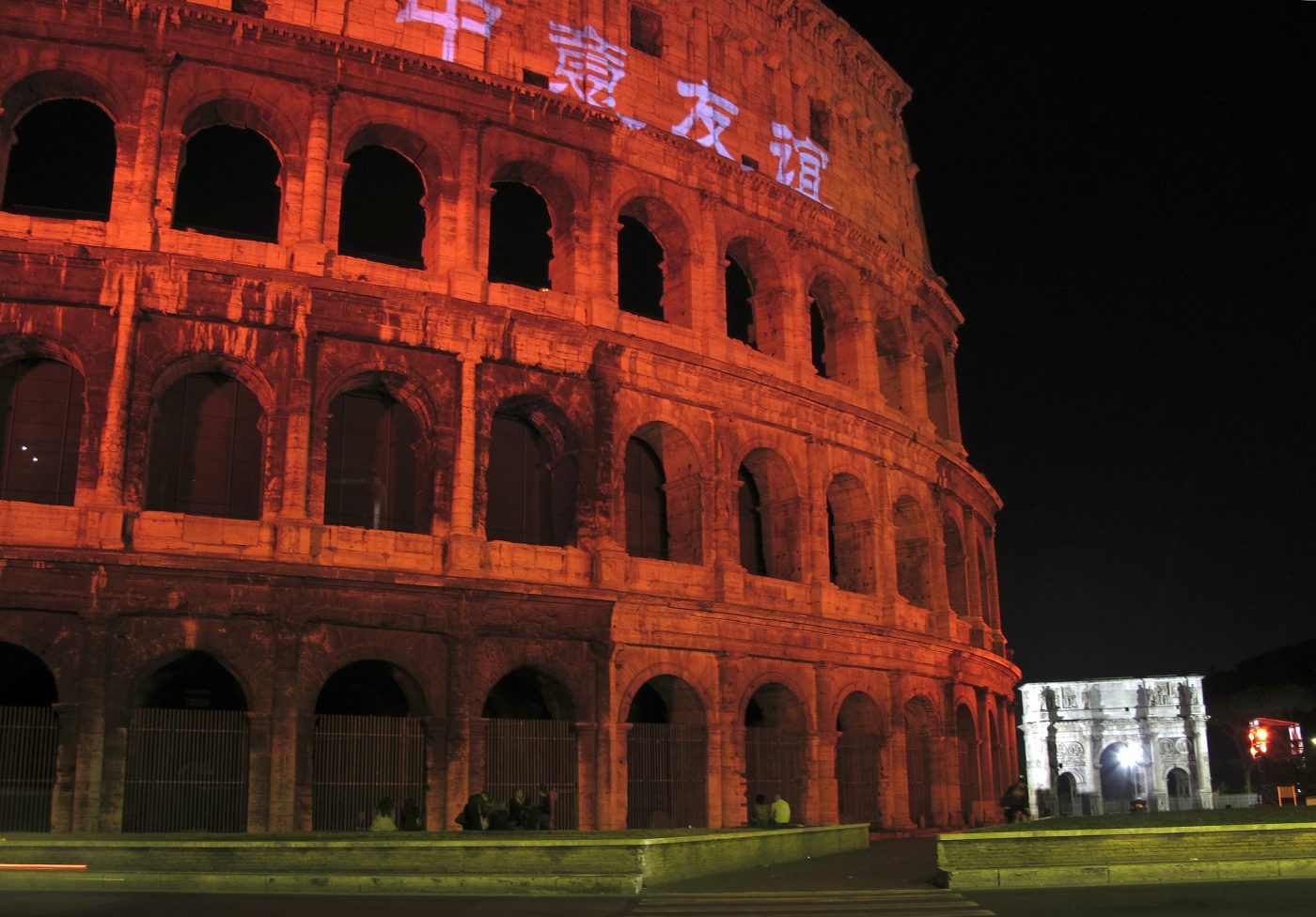Chinese investors wanted to pour more than a billion euros into Italy’s “Motor Valley” in Emilia-Romagna — home to the world-famed Ferrari, Lamborghini, Maserati, and Ducati brands. Another group of Chinese businesses took over the military drone company Alpi Aviation.
Both ventures are now blocked — suggesting that Europe is fighting back at “elite capture,” or the tactic of engaging locally prominent individuals for strategic advantages. European governments are responding to Russia’s invasion of Ukraine and China’s increasing authoritarian turn by reinforcing their defenses.
During the Cold War, only a handful of Warsaw Pact-based companies operated in the West, limiting the desire and ability to offer jobs or board appointments to retired politicians and other influential individuals. In contrast, “such opportunities are plentiful” today, according to Clive Hamilton and Marieke Ohlbert, authors of “Hidden Hand: Exposing How the Chinese Communist Party Is Reshaping the World.”
Appointments from Russia and China soared. During the first half of 2020, Chinese Telecom vendor Huawei’s UK board featured four members of the British political and business establishment — three with knighthoods and one a member of the House of Lords. Germany’s former Chancellor Gerhard Schröder worked for Russian state-owned energy companies, including Nord Stream AG, Rosneft, and Gazprom. Former Austrian Foreign Minister Karin Kneissl served on the board of Rosneft Oil Company, an energy giant controlled by the Russian government.
All resigned following Russia’s full-scale invasion of Ukraine.
Chinese ventures in Europe also have collapsed. When Chinese state-owned automaker FAW pledged to build electric cars in Reggio Emilia, prominent figures in the Italian automotive world joined the project. They included designer Walter de Silva, as styling and design vice-president; Roberto Fedeli, former Ferrari, as vice-president; Amedeo Felisa, former Ferrari CEO, as an advisor; and Katia Bassi, a Ferrari, Lamborghini, and Aston Martin veteran, as managing director.
But construction never started. The land remained empty. Employees began to miss salaries last summer, and de Silva, Felisa, and Fedeli resigned. Italian tax police visited the offices of procurement agency Invitalia to collect documents on Silk-FAW’s application for EUR 38 million in public funding. This month, the Chinese company abandoned its planned Italian investment to make electric vehicles.
Another key test concerned drone maker Alpi Aviation, which produces the Styx, an unmanned aerial vehicle used for surveillance by the Italian Air Forces. In 2018, Mars Information Technology Co. Ltd., a Hong Kong-based company, purchased a 75% share without notifying Italian authorities. Italian tax police later discovered that Mars had only registered in Hong Kong two months before the acquisition.
Mars was, in fact, a front for two Chinese state-owned companies: a subsidiary of China’s railway giant CRRC and China Corporate United Investment, which was established in 2016 to invest in Belt and Road projects. Italian police determined that the acquisition’s goal was “exclusively to acquire technological and manufacturing know-how.”
Massimo Tammaro, Alpi’s chief executive officer, is a former commander of the Italian Air Force aerobatic team. He defended the Chinese acquisition, saying China was the company’s largest potential market and allowed crucial technology to be transferred from Italy.
In March 2022, then Prime Minister Mario Draghi annulled the sale. His administration concluded that the parties involved should have disclosed the transaction to the government under Italy’s “golden power” regulations designed to protect strategically important assets.
The two Italian cases represent a significant wake-up call for Europe in response to the challenges posed by autocratic regimes. Governments must avoid complacency and move to limit former politicians and leading businessmen from working with companies engaged in sensitive sectors tied to authoritarian regimes. A vigilant and steadfast stance must be maintained.
Gabriele Carer is a journalist at Formiche.Net in Rome.
Bandwidth is CEPA’s online journal dedicated to advancing transatlantic cooperation on tech policy. All opinions are those of the author and do not necessarily represent the position or views of the institutions they represent or the Center for European Policy Analysis.





